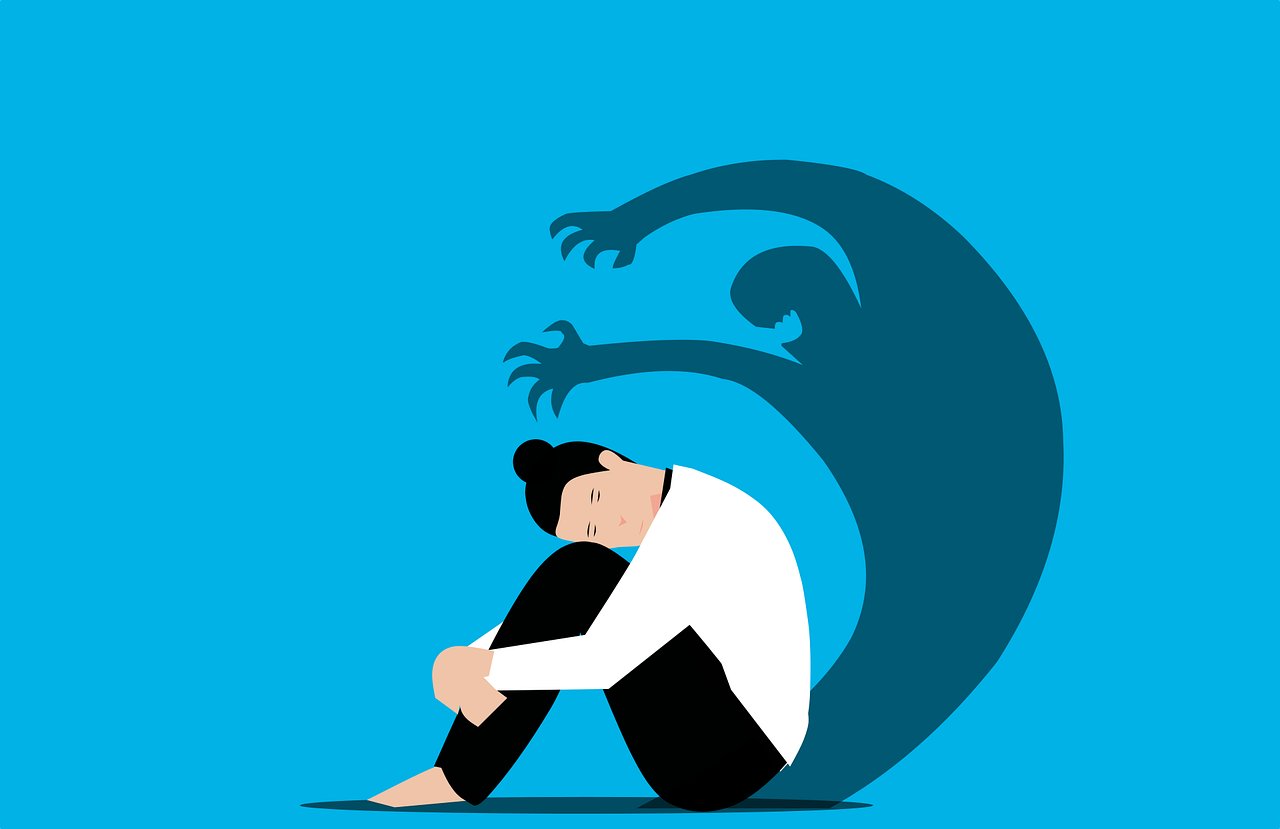Black History & Black Mental Health
By Tosha Owens
February is Black History Month. It is a time dedicated to honoring and celebrating the essential contributions of Black people in America. National and local events and online celebrations will
take place throughout the month to focus attention on Black people's achievements and history and it is truly a time for everyone to celebrate. Black history is important because Black history is American history. It is not a separate matter. So today, we dedicate an entire month to recognize the meaningful impact that Black people have made to enrich American culture, expand our national footprint, strengthen families, and make a better society for all.
The National Alliance on Mental Illness (NAMI) website states, “According to the Health and Human Services Office of Minority Health, African Americans are 20 percent more likely to experience serious mental health problems than the general population.” They also go on to explain that while 40% of whites seek care for mental health issues, only 25% of African Americans reach out for help.
While the Black community has had a history of tackling social, racial, and economic justice, and there has been much progress made. What remains to be seen is why is there such a significant strain in the community on Black Mental Health. Addressing this prevailing issue will have an immediate impact on the long-term effects on the health of the Black community.
“What remains to be seen is why is there such a significant strain in the community on Black Mental Health. ”
Shame and stigma of mental health
The shame from family often stems from a greater cultural stigma that impacts mental health in the Black community. Messages about going to therapy can be viewed as a sign of weakness and something to be ashamed of. A lot of Black people don't think of therapy as a realistic or viable option for help and mental health isn't seen as something to focus on, improve, or get professional help for, so people who really need the help are often made to feel “wrong” for seeking help outside of their family or the church. Frequently, individuals are told to pray more, and things will get better. Additionally, blacks hold beliefs related to psychological openness, and help-seeking, which in turn affects their coping behaviors.
Answer: Family support is crucial and having a spiritual life is also important, but there is a sense of relief one gets when talking to someone who is unbiased and who can just listen without offering their advice. So, it’s important to begin to challenge the status quo. Get the help you deserve.
Access to Black and culturally sensitive therapists
Numerous people in the Black community state that they would prefer having a Black therapist. They want someone who understands the cultural nuances and recognizes the nonverbal cues that only a Black therapist can understand.
Answer: Black, Indigenous, and People of Color (BIPOC) therapists are growing in numbers. Also, there are more therapists being required to learn about and exhibit cultural sensitivity with their clients. Additionally, the message for Black people can be supported by these therapists to remind Black clients that therapy is about putting yourself first. So, someone who has been through trauma, has shame, struggles with depression or anxiety, and work issues should know that it is important and worth discussing these with someone who wants to help them. Also, Mental health therapy is one of the best self-care activities a person can do for themselves and BIPOC clinicians can help their clients with that.
High Costs of Mental Health
Mental health therapy can be costly. In some cases, private insurance companies will cover most of the cost of a visit, but a co-pay is still due at the time of service to the therapist. If a person doesn’t have insurance, they would have to pay out-of-pocket for sessions. Out-of-pocket sessions are not an option for many people, therefore the discussion of the affordability of therapy services continues to be an important topic.
Answer: There are numerous affordable options available to clients who are seeking help who may not have enough financial resources. These include Medicare, Sliding Scale Fees at Private Practice companies based upon the clients income, Non-Profit organizations, and Community Health Centers. Many clients were unaware of these sources and have come to believe mental health was unthinkable. Clients often experience some relief, personal growth, and begin to use the tools to manage their problems within a short period of beginning.
Supporting mental health in the Black community and decreasing the stigma about mental health services and making mental health more accessible is a wonderful place to start.
What can we do?
Additionally, creating resources, having healthier conversation about Black Mental Health and teaching, and encouraging Black people to learn it is appropriate to ask for help. Ideas include the following:
Black people should consider sharing and being more open about mental health challenges to normalize them for others in the community.
Follow Black therapists on social media who are talking about a variety of mental health challenges impacting the Black community and provide resources to support black mental health.
Talk to trusted friends and family about their positive experiences in therapy.
Understand that therapists are bound to confidentiality, which means the things that are discussed with their therapist will remain between the two of them, unless there are significant safety concerns.
Remember that prioritizing one’s own needs and self-care is not considered being selfish, it is actually healthy. Talking to someone who is safe, exercising, healthy eating, positive behaviors and social activities are essential for managing stress, especially for individuals who are used to being told that their own emotional and health needs are not important.
The future of Black Mental Health is certainly more promising as we discuss the issues and have identified several solutions. Making Black Mental Health a priority through accessibility, changing the stigma, and awareness within the Black community of how mental health services can be life giving, is a step in the right direction. Now that, is worthy of a celebration during Black History Month!
Written by Tosha Owens, APCC





















